-
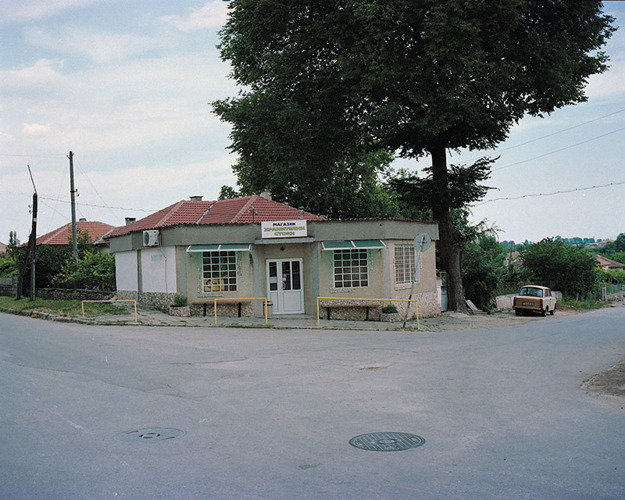
-
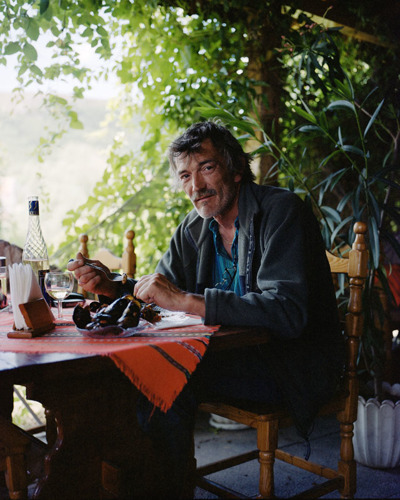
JAN
Having moved from Belgium to the Romanian coastline and residing at a campsite, Jan earns enough money with the apartment he sublets to students in Antwerp. With the mon¬ey he gains from the rent he has enough to pay for gas for his truck, along with almost daily trips and dinners in different places along the Black Sea coast.
-
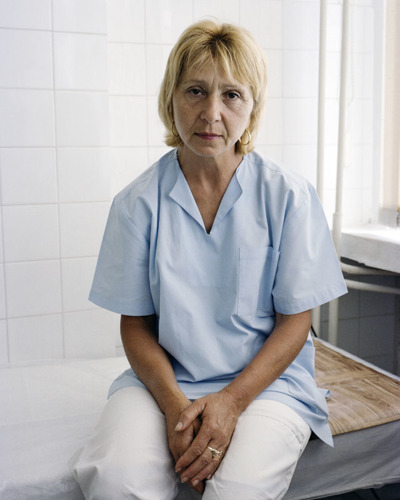
ZAFIRKA
Working at a the hospital in Kavarna, Zafirka visits once a week the patients who require special care. During the high season when many of the patients are foreigners, communication is nearly impossible due to the fact that none of the medical personnel speaks English.
-
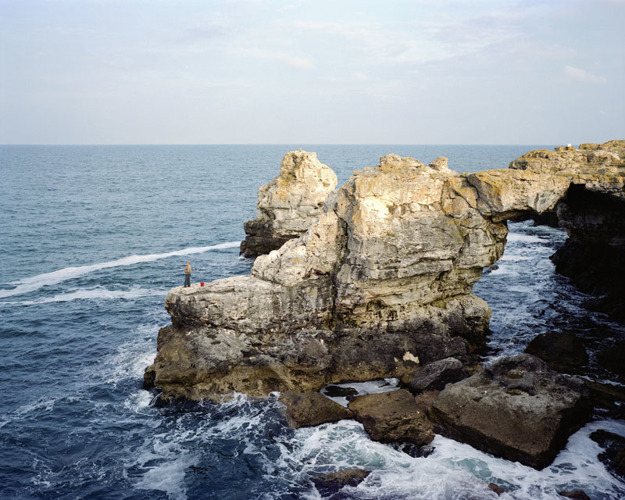
-
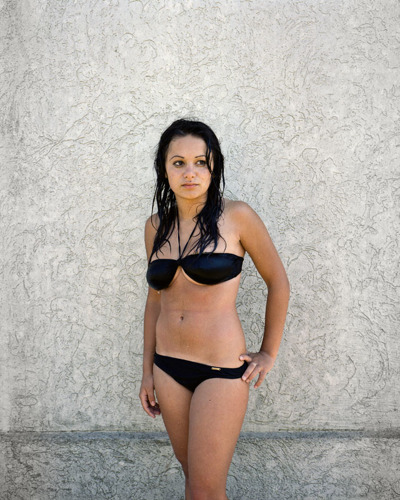
DESSISLAVA
Dessislava is visiting Shabla with a few friends from Sofia. Because the prices along the coast are fairly low compared to prices in the bigger cities it’s a good alternative holiday destination for the younger people.
-
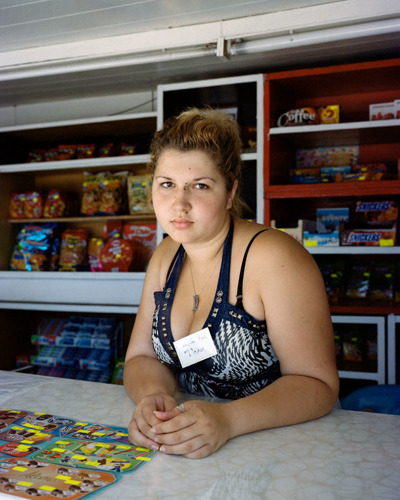
-
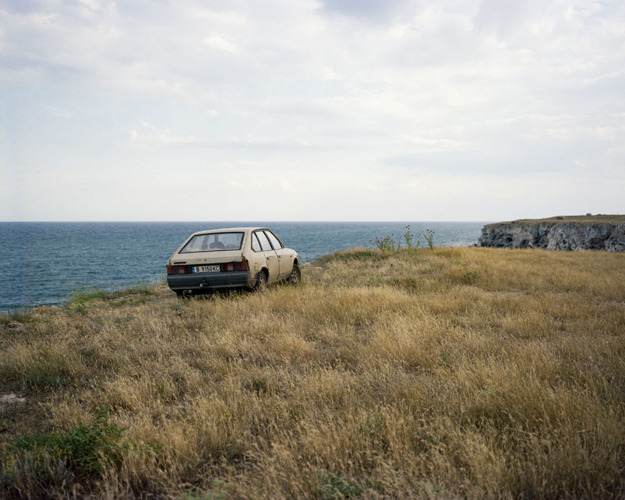
-
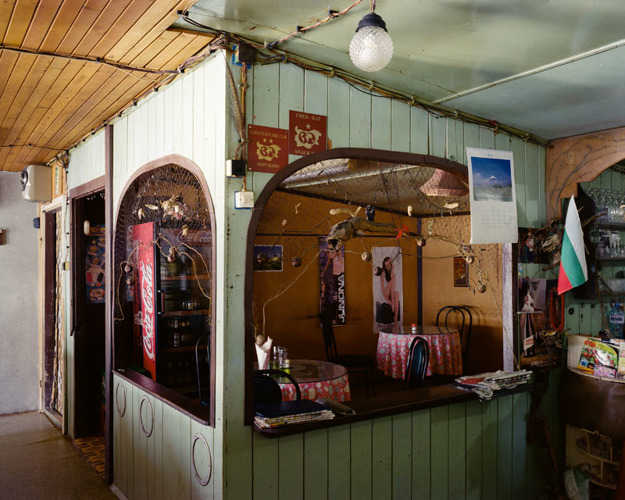
This cabin is the former house of Bai Pesho, when he was still acting out his job as a fisherman. When he and his wife started a restaurant in 1998, the cabin had been transformed in a small table section. After adding two additional floors of hotel rooms, they are trying to sell their business. No buyers have shown any interest. People from surrounding villages used to visit frequently to enjoy the panoramic view of the sea from the restaurant tables. Now, even customers on weekends are scarce.
-
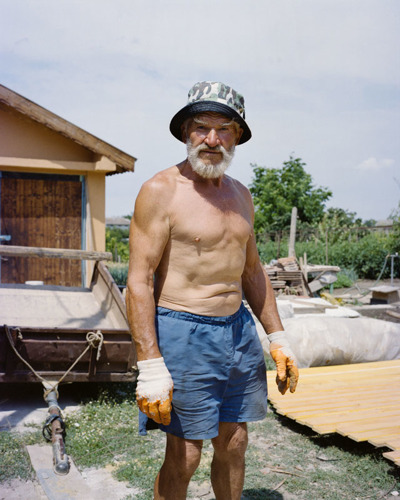
BAI PESHO
Bai Pesho is taking a break while working on building a new house for him and his wife to live in.
-
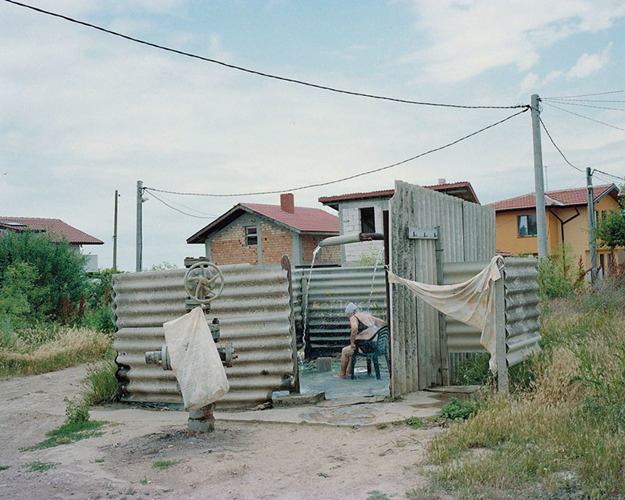
-
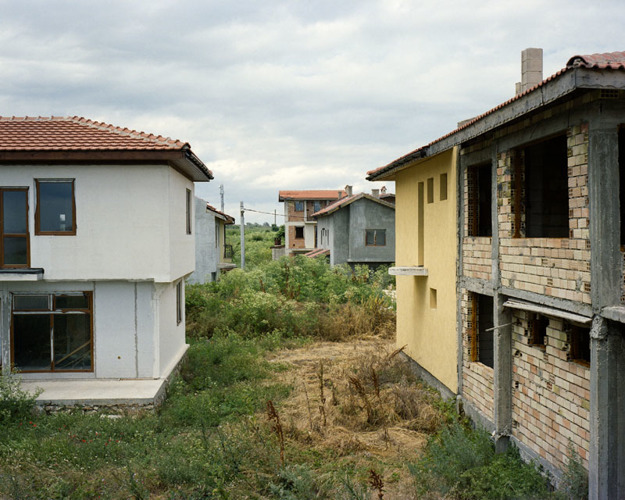
-
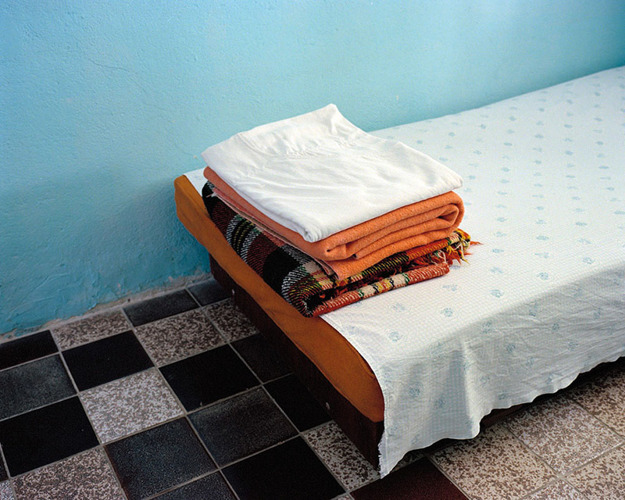
-
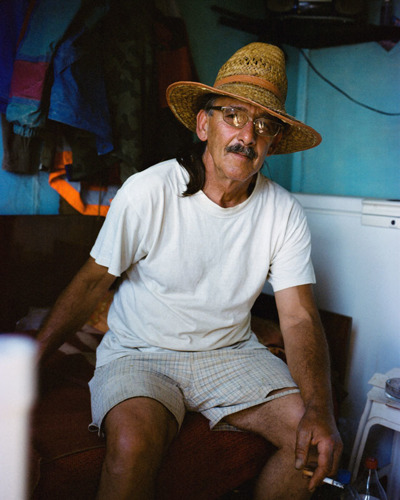
-
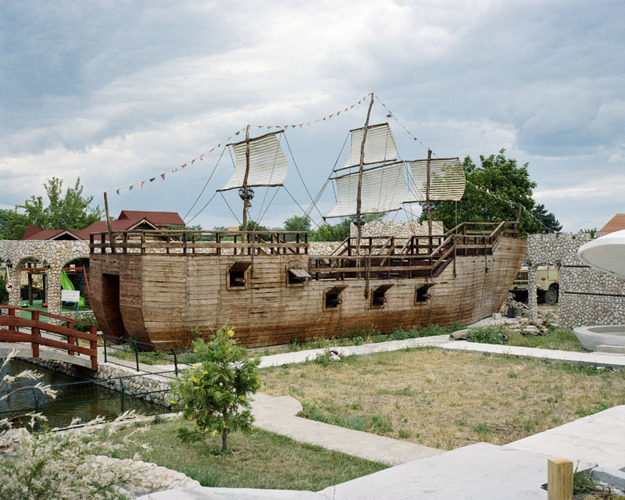
Ezerets is advertised as one of the few places on the bulgarian Black Sea coast which has preserved its unique atmosphere of serenity and peacefulness. It would almost fool you if not for the huge wooden pirate ship of the Wild Duck Resort, standing as the only big and new building at the very center of the village. The complex is adorned by small bridg-es which span over narrow channels of water. There is a playground for children, and a small pool inhabited by black swans.
-
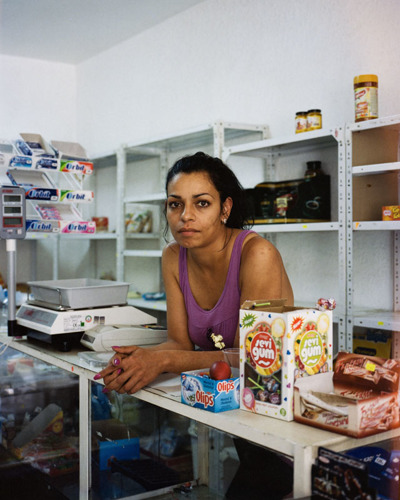
RENETA
Nine years ago young Reneta married a boy from Shabla and moved away from her birthplace in Southern Bulgaria. Her family-in-law owns a 3-story house with guest-rooms for rent during the summer season a small grocery was built at the front of it where she works. The shop is empty because we cannot manage to reinvest in new goods from what they sell. Renata is complaining that the Romanian cars on the way to the southern coastline never even stop for a coffee. Ac¬cording to her Shabla s population has been decreasing dra¬matically in the past few years she fears that soon the place will become completely abandoned.
-
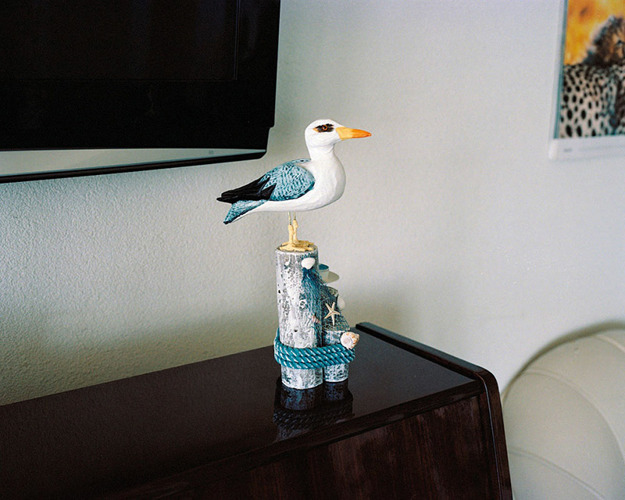
-
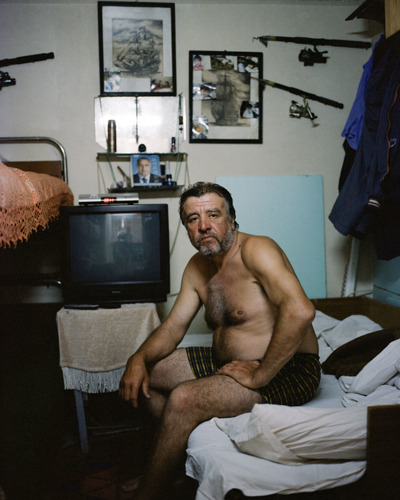
KRASSY
Between the March and December Krassy makes his living as a fisherman. Earning about 3000 euros it’s just enough to cover expenses for his family in Dobrich. His wife visits him on the weekends at his small house which he built himself. Along with about 25 fellow fishermen he’s living on land which is not regulated to build on. About 500m north there’s a small village named Kariya which is the only official¬ly registered fisherman s village of Bulgaria.
-
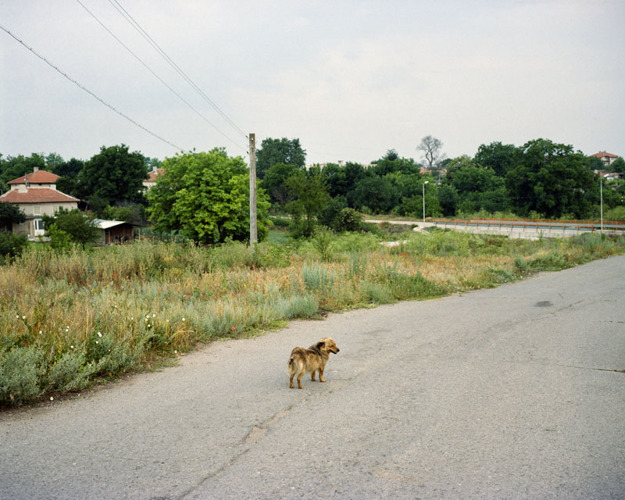
Maarten Boswijk
Eventually when the roads get better
Despite the economic crisis, the touristic growth in Bulgaria seems to be at its peak. Even in times of recession Sunny Beach receives hundreds of thousands of tourists every year. The southern part of the Bulgarian Black Sea coast has long been a synonym for growth, overdevelopment and fast money, but only 100 km upwards growth seems to have stalled and tourism revenues are at an all-time low. Depopulation of the area continues at a rapid pace, people are getting older and the young are moving to bigger cities. The Eventually When Roads Get Better Project shows a society that is about to disappear from the map. What will remain after the last inhabitants no longer find reasons to live here and what will fill the traces of their departure? Where the traces of unfinished houses and hotels have left their marks on the landscape, people live in isolation, at a large distance from each other, in contrast with the modern urbanized society. The romantic ideal of living in a quiet village along the coast is faced with the departure of an entire generation.
Maarten Boswijk was born in Rotterdam, Netherlands in 1988. He graduated in Documentary Photography from the Utrecht School of the Arts in 2012.He works on long-term social and documentary projects in which he explores deviating communities. In an attempt to put the western standards in perspective, he documents places where people have a very distinct relationship with their environment. Many of his projects are published in the form of a self-funded photography books in a limited edition. In 2013 Маартен received recognition as NEW Dutch Photography Talent and won the second prize at the European Month of Photography portfolio reviews in Bratislava. In the same year his work was exhibited at the Naarden Photofestival and appeared in various online and offline photography publications


















